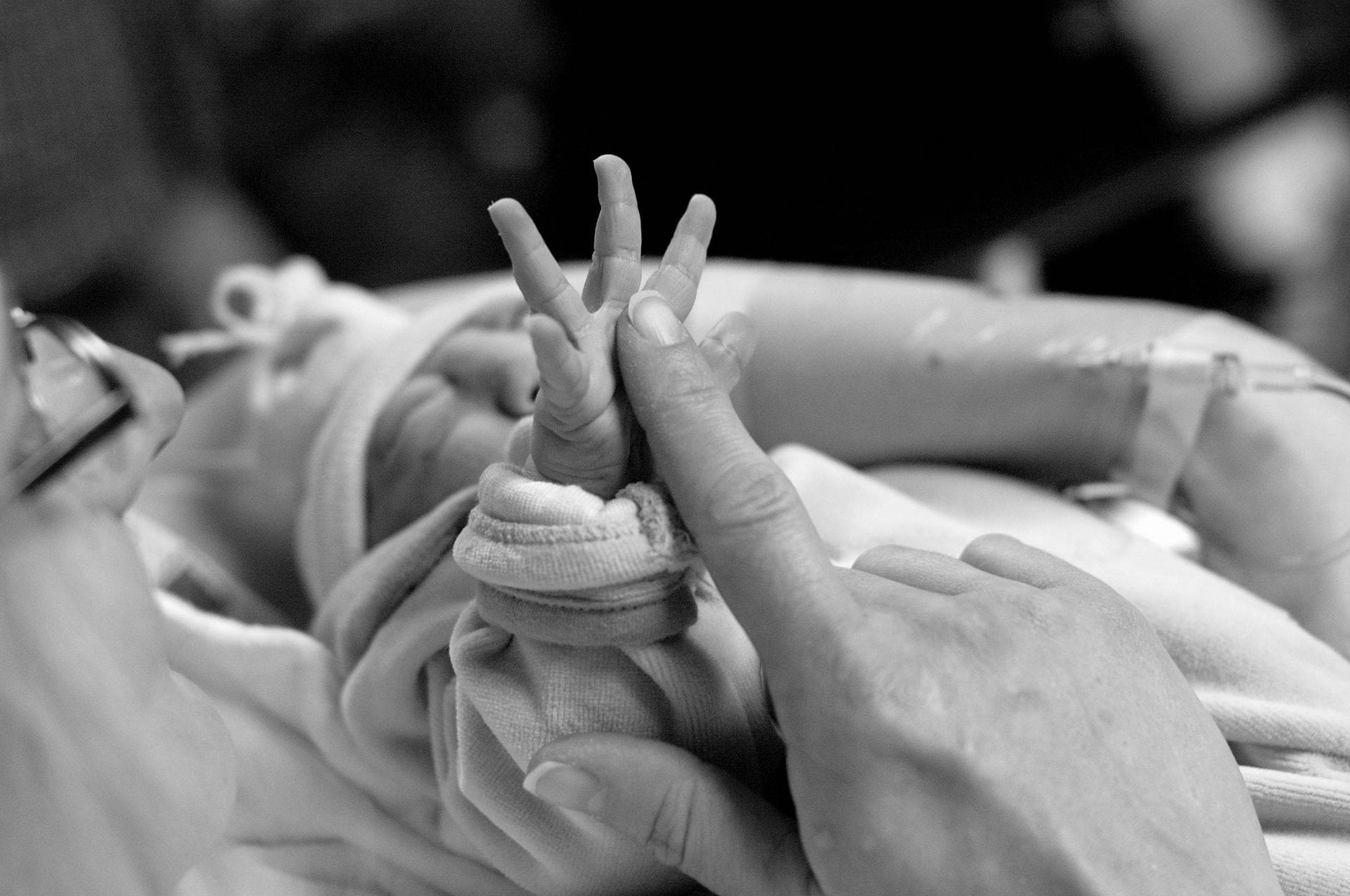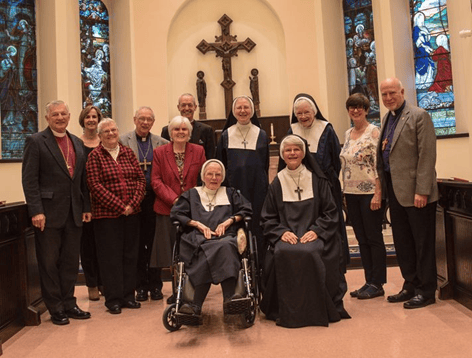ROME — While Europeans and North Americans may see the 2014 Synod of Bishops largely like a referendum on matters such as Communion for divorced and remarried Catholics, from the Middle East the issues look a whole lot different.
A Vatican questionnaire sent out prior to the synod revealed that for Catholics in the Middle East, when you say “family issues,” the first thing they think about is the impact of war. That concern made its way into the synod’s preparatory document.
“Violent deaths and the destruction of homes force families to seek refuge in other countries,” the document said. “In some places, wars lead to the breakdown of society, forcing individuals and entire families to flee their countries and to lose their Christian communities.”
So far, the same themes have emerged from the Middle Eastern voices at the synod.
During a Vatican press conference Oct. 7, Patriarch Moran Bechara Boutros al-Rahi of Lebanon explained that in his country, the state recognizes the legal authority of religious communities to regulate matrimony, so there’s no tug of war like in Western nations over abortion, divorce, or gay marriage.
Instead, he said, the primary challenges to the family are “the problems of conflict.”
The Patriarch of Jerusalem, Fouad Twal, expressed anguish at the present realities of a land which 2,000 years ago welcomed the Joseph, Mary, and the infant Jesus, described by Twal as “the model of the healthy family.”
“Today,” said the bishop, a Jordanian native, “war and the culture of death lead to the presence of millions of refugees, destroyed and separated families … and therefore with great bitterness we must observe the subsequent proliferation in the commerce of drugs, in immorality, [and] abuses.”
Geoffrey Strickland, from the International Center for Law, Life, Faith, and Family, said that the kind of conflicts today boiling in Middle East states such as Iraq and Syria have a devastating impact on families in various ways.
“Not only the lives of the displaced victims are affected, but those also within the neighboring countries, who often find their own resources and opportunities affected in order to accommodate the influx of victims and refugees” Strickland said.
Christian families in the Middle East are facing special stress today, according to these observers, given that much of the region’s violence is fueled by jihadist Islamic forces with an anti-Christian edge.
Strickland told Crux that there really isn’t a safe place for Christians in the region, although the threats they face vary from locale to locale.
“The present struggle,” he said, “is not one confined to borders or geographic limits. It is one of ideology, philosophy of conflict, and conflict resolution, the relationship of faith to reason, and of the relationship of humanity to its very self.”
Addressing the European Bishops Conference earlier this year, Twal asked that that the complex situation of the peoples living in the Middle East be considered as “being an integral part of internal European politics.”
For Twal, “Europe’s influence and the responsibility of its political leaders go beyond its geographical boundaries,” saying his people need help and asking European leaders to deliver it.
















